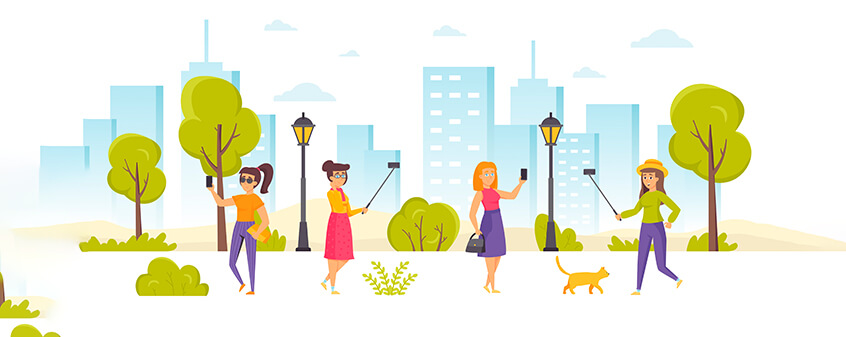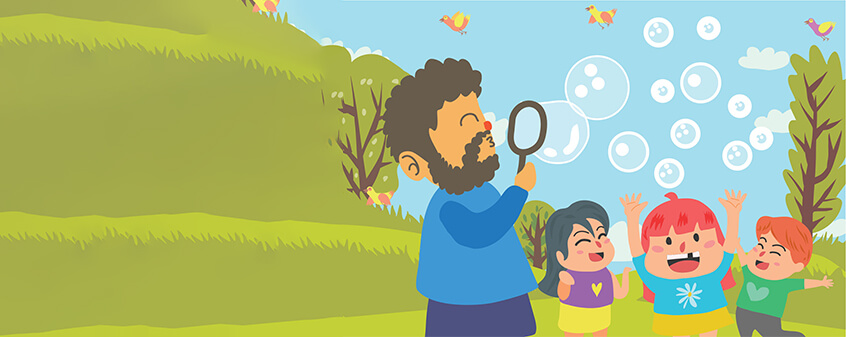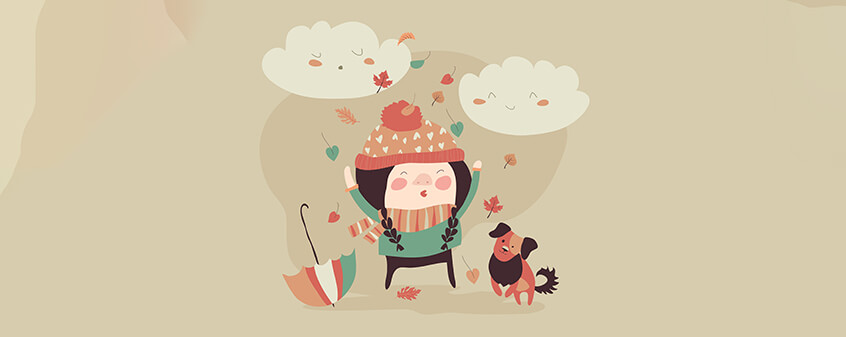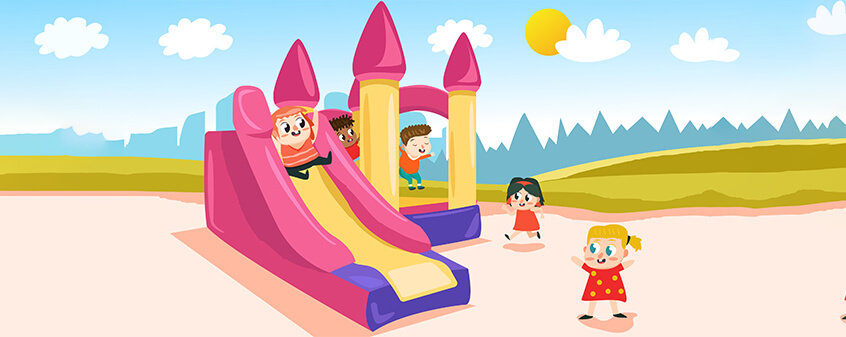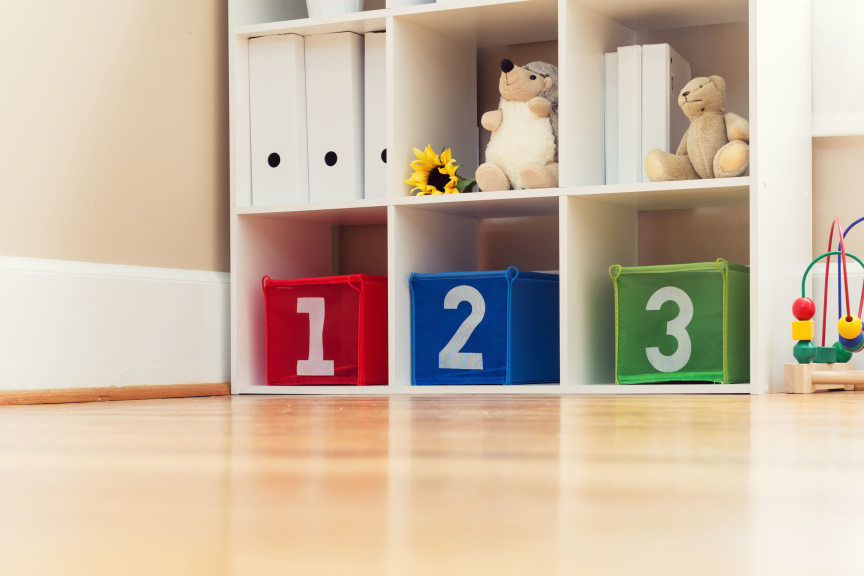Transformation of Education sector in next 5 to 10 Years
Just as any major economic or social change has an implication on every aspect of life, globalization and the digital revolution have not only changed the way we work and play but must also change the way we educate and parent our kids.
The Education systems in India has evolved exponentially than what it was a decade ago – it needs to be yet more student centric, keeping in mind what the students need to learn in today’s context - where mere focus on academic content is not important. Economic changes together with new understandings about learning, are leading to significant changes in the way children are taught, and the ways in which they are assessed. There has been a move towards authentic learning – learning that is relevant to students and to the real world – and to authentic assessment – assessment that provides students with opportunities to demonstrate what they know, can do and are like i.e. knowledge, skills and attitude.
We need to empower children with skills like critical thinking, problem solving and so on to ensure we have more entrepreneurs and innovators. The education system needs to focus on holistic skill development, on par with the best international standards, rather than only academics (degrees/marks) which allows children to apply, analyze, evaluate and create rather than merely regurgitate.
At KKEL, we follow the ‘whole language approach’ that is listening and reading (receptive) and speaking and writing (expressive). Grammar is taught through Literature and integrated language – which hones the application and use, rather than merely reading about it. Application of language skills is integrated in other disciplines like EVS, Math, etc – and the inter-disciplinary approach ensures that the functional use of the language is effective. As a result, our students are not only at par, but also far ahead many times than their international counterparts in other countries.
Real learning happens when children connect concepts taught in class and apply and extend them outside the classroom. We encourage children to go on field trips, excursions, outings to engage them with the real world and reinforce the application and analysis of what they have learnt in class. It is only when we link learning to real life, allow children to see connections in different learnings that children get to see the broader perspective of the subject.
We include activities in the curriculum to ensure reading is a passion for children. At Pre-school level, we have designed proprietary in-house readers that are related to the main concept or theme to cater to the child’s interest, levels and MIs that include phonics and sight reading strategies to cater to auditory and visual learners. In primary school, the EVS readers are designed in-house, for example, integrating history, geography, civics, science, etc; so that there is a holistic approach to learning. The DEAR program – Drop Everything And Read! At KKEL forms a part of our primary curriculum. We start early so that reading becomes a habit for children. It is very important that our children are interacting with care-givers and teachers who understand child development, to develop their foundation or blueprint, since ‘it’s better to have’, as Frederick Douglas said, ‘stronger children than broken men’

